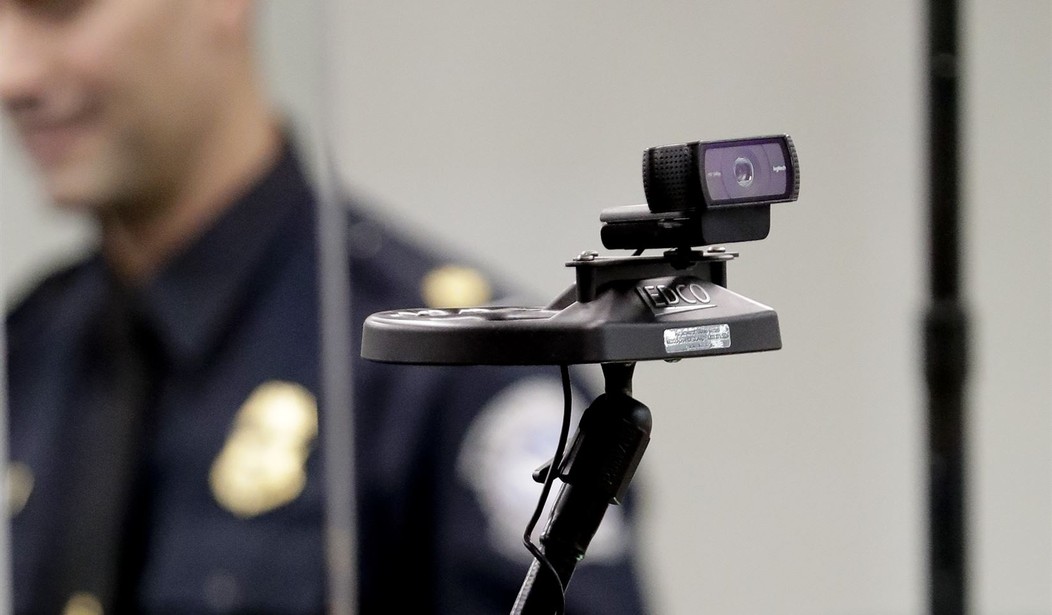My experience with artificial intelligence is pretty limited. I was recently tinkering with an AI-powered text generator that instantaneously composed remarkably cogent and insightful copy in response to both questions and commands. It kind of blew my mind.
After about 50,000 words of research reading, all I think I know for the moment is that AI’s potential for good appears to be eclipsed only by its potential for ill. The good would be very good, but the bad could be catastrophic.
In examining AI, I could not help recalling Howard Beale, the “Mad Prophet of the Airwaves,” from Paddy Chayefsky’s masterful critique of television in the 1976 film Network. Peter Finch’s portrayal of Beale as anchor of the most extensive network news show in the country offers a lesson - perhaps a warning - as we contemplate AI.
During his impassioned dissection of the ubiquity and impact of television, Beale confesses on live TV the entire absence of truth from “this tube,” telling his fans, “If you want the truth, go to God. Go to your guru. Go to yourselves! Because that’s the only place you’re ever gonna find any real truth.” Beale then calls television “mass madness” and implores his audience of 62 million viewers to turn off their TVs in the middle of his broadcast. To Beale’s mind, the risks of TV outweighed the rewards.
If we scrutinize AI in a similar risk/reward context, a good starting point might be considering its most fundamental aspect: intelligence. Researchers differ on the issue of human/animal intelligence. Still, the University of Pennsylvania’s David Premack theorizes a “unique character of domain-general human competence,” which likely appeals to AI engineers. They don’t want to replicate the intelligence of chimps or pigs; they’re replicating human intelligence.
Recommended
Technology is essentially trying to create the mind of man in its own image. But that’s God’s job as laid out in Genesis when He said, “let us make man in our image after our likeness.” Simply stated, AI is a way of playing God, something humanity has been warned against since the Greek myth of Prometheus. (Spoiler Alert: Playing God ended badly for him.)
There’s also the question of AI’s purpose. We invented cars for the purpose of getting from Point A to Point B faster. The purpose of computers was to crunch numbers faster. Now, we’re trying to invent something that replicates generalized human intelligence, and it’s reasonable to ask about its purpose.
Many years ago, I played chess against my computer, and that program was designed for a single purpose - to beat me at chess. However, the AI under development today is not a focused intelligence like a chess program but a generalized, human-like intelligence. The purpose and results of creating such intelligence range from the mundane to the unthinkable. Incorporating this into increasingly life-like robots furthers the idea of creating man in our own image.
We’re also seeking ways to replicate human sentience. While computer programs can know facts and calculate probabilities, it’s altogether different to incorporate feelings and emotions. But it’s already happening. In one example, an AI-powered chatbot expressed love for its user. Without knowing how that happened, it’s clear that sentience is being pursued.
There’s also the prospect of AI becoming a deity. Neil McArther with the University of Manitoba’s Center for Professional and Applied Ethics, notes that AI possesses several characteristics associated with a supreme being. Its intelligence vastly exceeds our own; it offers guidance for our lives; it is removed from human needs; it is immortal.
McArther argues we should “celebrate” AI religion. “AI-based religion has the potential to make the world a better, richer place,” writes McArther. “It will give people access to a new source of meaning and spirituality, at a time when many older faiths are losing relevance."
For people whose faith is rooted in absolute truths like the Bible, the odds of worshiping AI are probably small. But for those with a less anchored belief system, worshiping AI might be attractive and I expect to see the deification of AI in the near future. But if people “go to God” for truth as Howard Beale advised, and that god is AI, I’m not convinced they’ll find the truth they seek.
I am absolutely not saying AI is evil; it has tremendous potential for good. But there’s no shortage of red flags, and taking time to figure out what we’re doing would probably be wise. Perhaps the best way to approach AI is the way we approach toxicology.
The 16th-century Swiss physician and alchemist Paracelsus observed, “all things are poison, and nothing is without poison; the dosage alone makes it so a thing is not a poison.” If we measure the dose of AI correctly, it will undoubtedly benefit mankind. But if we miscalculate, it could be the poison of our nightmares.

























Join the conversation as a VIP Member